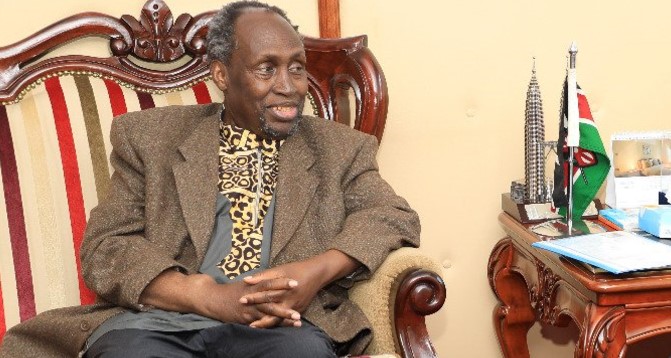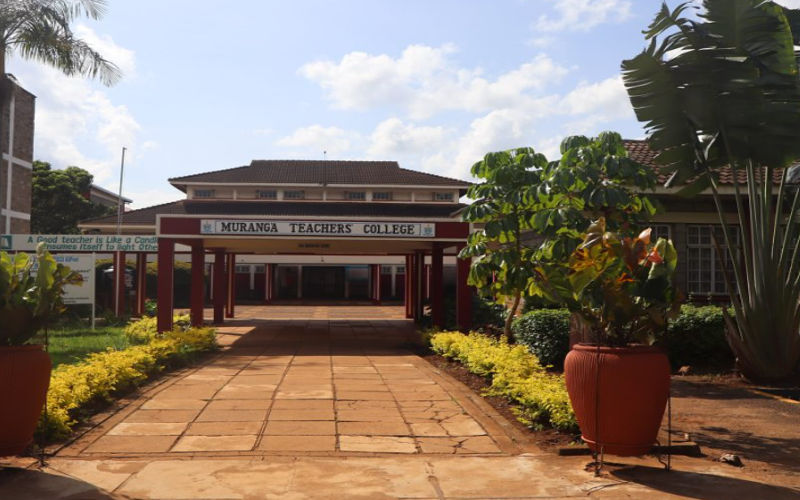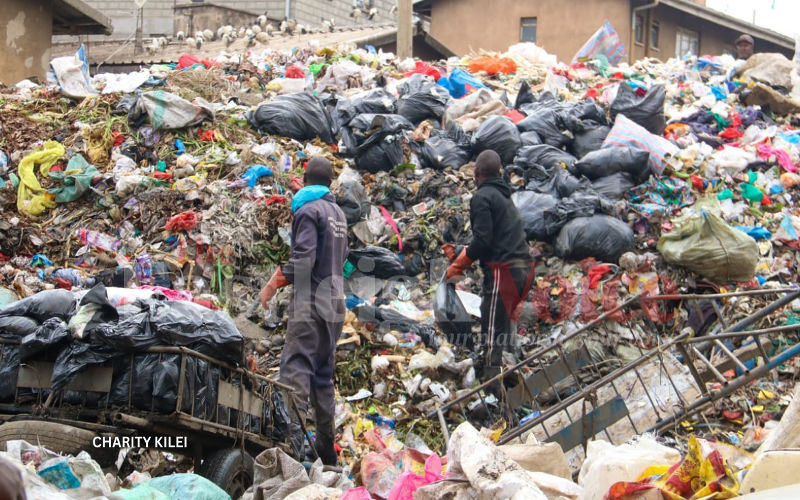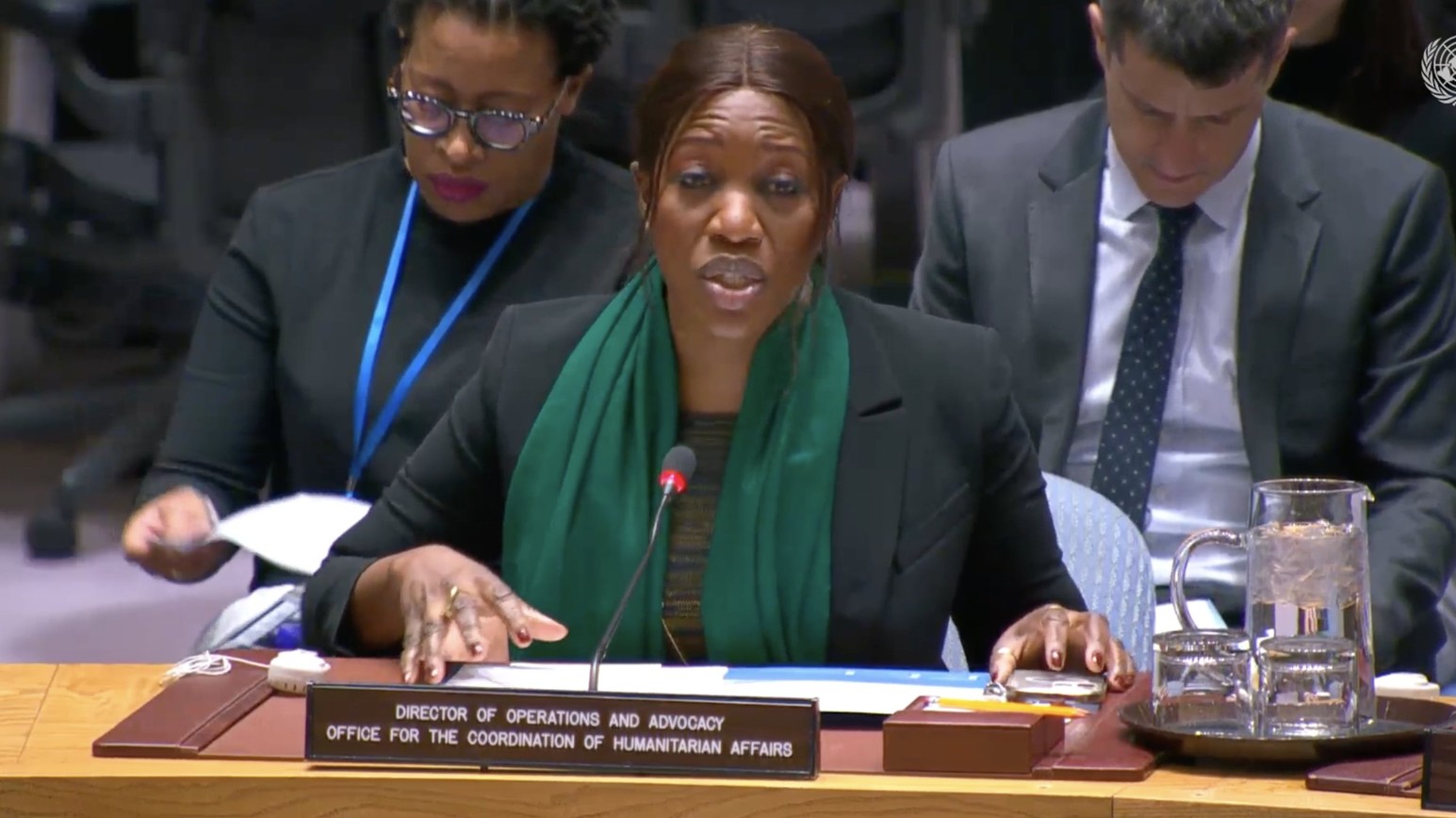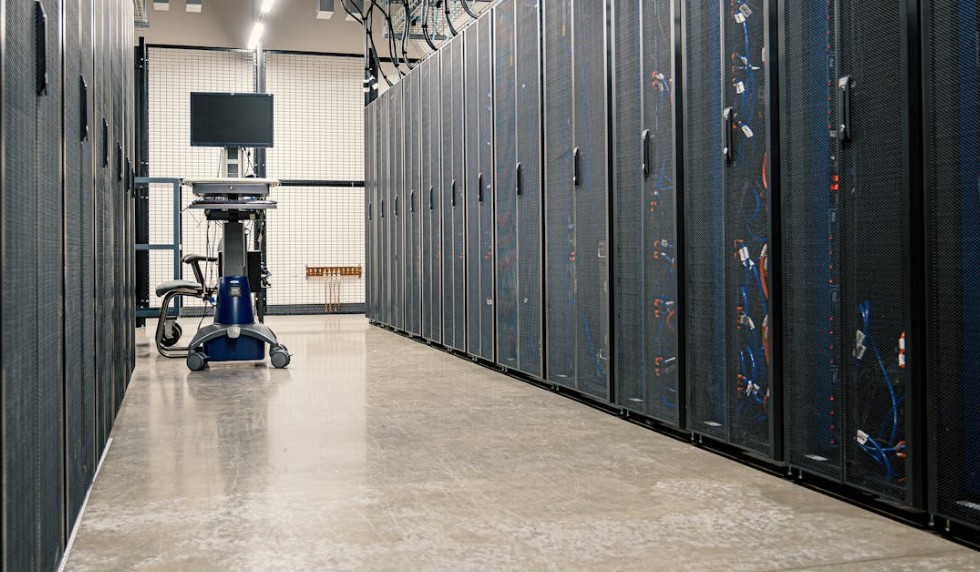MPs warn fertiliser VAT shift in Finance Bill 2025 could trigger food price surge

Although the Bill does not propose a direct tax on fertiliser, the shift from zero-rated to tax-exempt means manufacturers will no longer be able to recover input VAT from the Kenya Revenue Authority.
Members of Parliament have raised concerns that proposed VAT changes on fertiliser in the Finance Bill, 2025, could drive up food prices by increasing production costs and removing tax reliefs for manufacturers.
The Bill, currently before the National Assembly’s Finance and National Planning Committee for stakeholder submissions, proposes to move fertiliser from the zero-rated goods category to the tax-exempt schedule. Legislators argue that the shift would trigger a rise in fertiliser prices and, in turn, increase the cost of food production.
More To Read
- Treasury reports fastest tax growth in two years amid July protests
- High Court petition filed to halt Ruto's Finance Act, citing economic hardship
- New tax rules, spending plan take effect after Ruto assents to three key Bills
- National Assembly passes Finance Bill 2025, targets Sh24 billion in new revenue
- MPs, senators strike deal, agree on Sh415 billion revenue allocation to counties
- MPs reject Treasury's plan to scrap VAT relief on mobile phones, solar, animal feeds
During a session with the House Budget and Appropriations Committee (BAC), Molo MP Kuria Kimani, who chairs the finance committee, reassured his colleagues that efforts are underway to maintain fertiliser’s current tax status.
“This proposal is something we want to go slow on because shifting fertiliser to tax-exempt from its current zero-rate status will increase its prices and ultimately, the cost of production,” Kimani said.
Although the Bill does not propose a direct tax on fertiliser, the shift from zero-rated to tax-exempt means manufacturers will no longer be able to recover input VAT from the Kenya Revenue Authority (KRA).
Under the current zero-rated system, VAT is charged at zero per cent, enabling businesses to reclaim taxes paid on inputs used in production. A reclassification to tax-exempt, however, blocks such claims, meaning manufacturers are likely to transfer these additional costs to farmers through higher prices.
Indirect tax
The fertiliser used in Kenya is largely produced locally, so exposing it to an indirect tax regime could harm local manufacturing industries and threaten the jobs of hundreds of Kenyans employed in the sector.
Agricultural technology company Farmonaut and audit firm Deloitte have also raised concerns about the proposed reclassification.
“This is because the cost of inputs, which are not recoverable under the VAT-exempt system, are passed on to the farmer,” Farmonaut said in documents submitted to Parliament.
Deloitte, in its submission, stated that the change would effectively result in “shifting the VAT burden from the government to farmers through a change in the VAT status of fertilisers.”
Embakasi East MP Babu Owino warned that the reclassification would have dire consequences for food prices and poor households.
“If the government raises the cost of fertiliser as this Bill proposes, the cost of food will go up and therefore, ultimately kill the agricultural sector that largely contributes to the economy,” Owino said.
“We need to encourage domestic manufacturing to enable the government to create jobs. But this cannot happen if we hit farmers hard. Things must change for the interests of Kenyans, specifically the majority of poor Kenyans.”
Meet fertiliser manufacturers
Kimani, responding to the concerns, assured the committee that Parliament has previously resisted similar reclassification attempts.
“We have always disagreed with the National Treasury, and as a committee, we have always returned fertiliser to zero-rated status when they want to reclassify it to tax-exempt,” he said.
He also disclosed that the committee has scheduled a meeting with local fertiliser manufacturers to deliberate further on the matter.
Kenya introduced VAT on January 1, 1990. Since then, many agricultural inputs, including fertilisers and seeds, have remained either zero-rated or tax-exempt.
However, producers and suppliers of exempt goods, such as milk and eggs, have often been excluded from VAT registration, preventing them from recovering input tax and increasing the cost of doing business.
The MPs are now pushing to retain fertiliser in the zero-rated category, citing the broader implications of the proposed changes on food security, local manufacturing, and economic stability.
Top Stories Today




